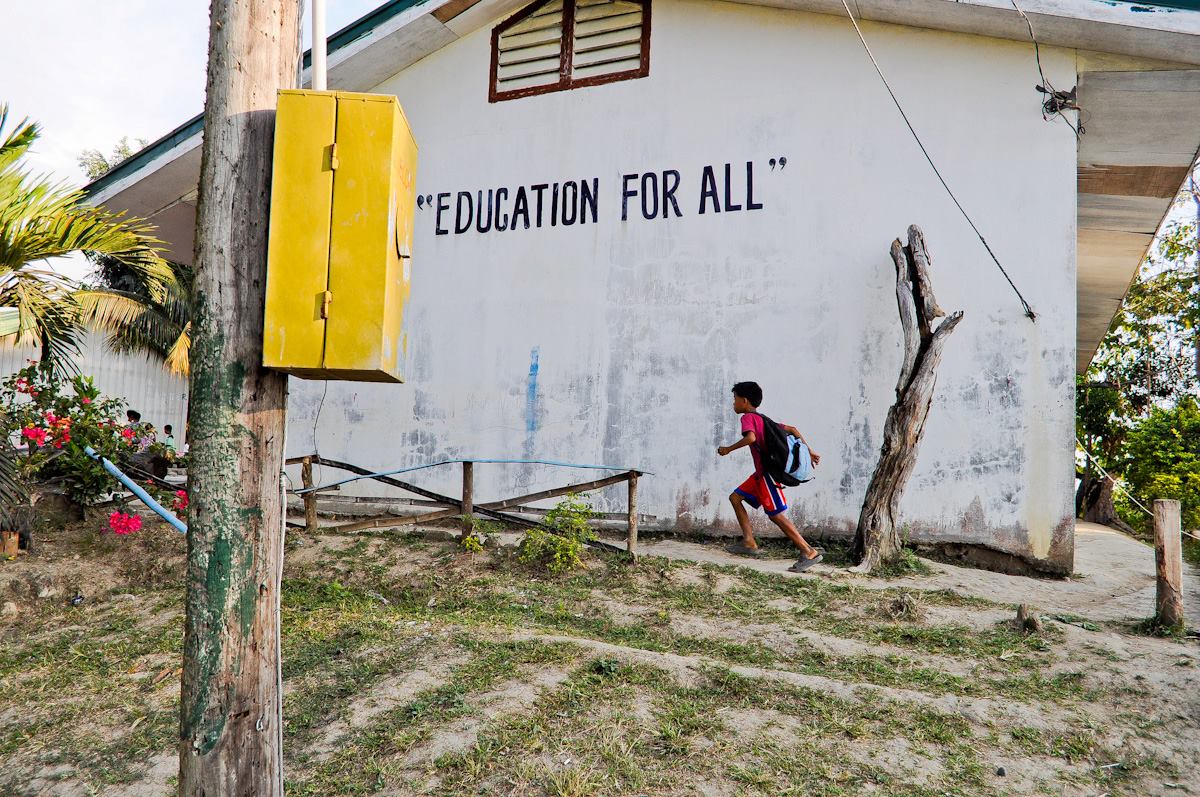Republic Act 10931: Universal Access to Quality Tertiary Education Act

Republic Act No. 10931, widely known as the "Universal Access to Quality Tertiary Education Act," is a transformative Philippine law enacted on August 3, 2017. This landmark legislation has significantly reshaped the landscape of higher and technical-vocational education in the country by institutionalizing free tuition and exemption from other fees in eligible public tertiary institutions and providing support for students in private institutions.
The fundamental principle behind RA 10931 is the State's recognition of quality education as a fundamental right and its commitment to making tertiary education accessible to all Filipinos, regardless of their socioeconomic background. The law aims to dismantle the financial barriers that have historically prevented many eligible students from pursuing or completing higher education and technical-vocational training.
A key figure in the legislative process that led to the enactment of this crucial law was Congressman Mark Go, the representative of the lone district of Baguio City. Congressman Go was among the principal authors of House Bill 5633, one of the significant legislative measures in the House of Representatives that was eventually consolidated with other bills to form Republic Act 10931. His authorship reflects his strong advocacy for accessible and quality education, recognizing its pivotal role in individual empowerment and national development.
The salient provisions of Republic Act 10931 include:
- Free Higher Education in SUCs and LUCs: The act mandates that all Filipino students enrolled in courses leading to a bachelor's degree, certificate degree, or any comparable undergraduate degree in State Universities and Colleges (SUCs) and eligible Local Universities and Colleges (LUCs) shall be exempt from paying tuition and all other mandatory school fees. This has opened up opportunities for hundreds of thousands of students across the country.
- Free Technical-Vocational Education and Training (TVET) in State-Run TVIs: Recognizing the importance of technical skills development, the law also provides free tuition and other training-related expenses for Filipino students enrolled in post-secondary non-degree TVET programs offered by state-run TVIs under the supervision of the Technical Education and Skills Development Authority (TESDA).
- Tertiary Education Subsidy (TES): Beyond free tuition, RA 10931 established the Tertiary Education Subsidy (TES) to provide financial assistance for education-related expenses, including living allowances, books, and other costs not covered by the free tuition policy. This subsidy is available to qualified students in both public and private higher education institutions and TVIs, with priority given to students from low-income households.
- Student Loan Program: To further support students, the act created a Student Loan Program for tertiary education, offering another avenue for financial assistance to cover educational costs.
- Strengthening of UniFAST: The law bolstered the Unified Student Financial Assistance System for Tertiary Education (UniFAST), the government body responsible for the overall implementation and management of these student financial assistance programs.
Congressman Mark Go's involvement as a principal author of the precursor House Bill underscores the legislative drive to prioritize education and expand access to tertiary learning. His work, alongside other legislators, was instrumental in navigating the bill through the legislative process and securing its eventual enactment into law.
While the implementation of RA 10931 has presented some challenges, particularly concerning funding sustainability and the operationalization of the various components, it has undeniably democratized access to higher education in the Philippines. The law stands as a testament to the collective effort to invest in the country's human capital, with legislators like Congressman Mark Go playing a vital role in championing this cause and making quality tertiary education more attainable for Filipino students.